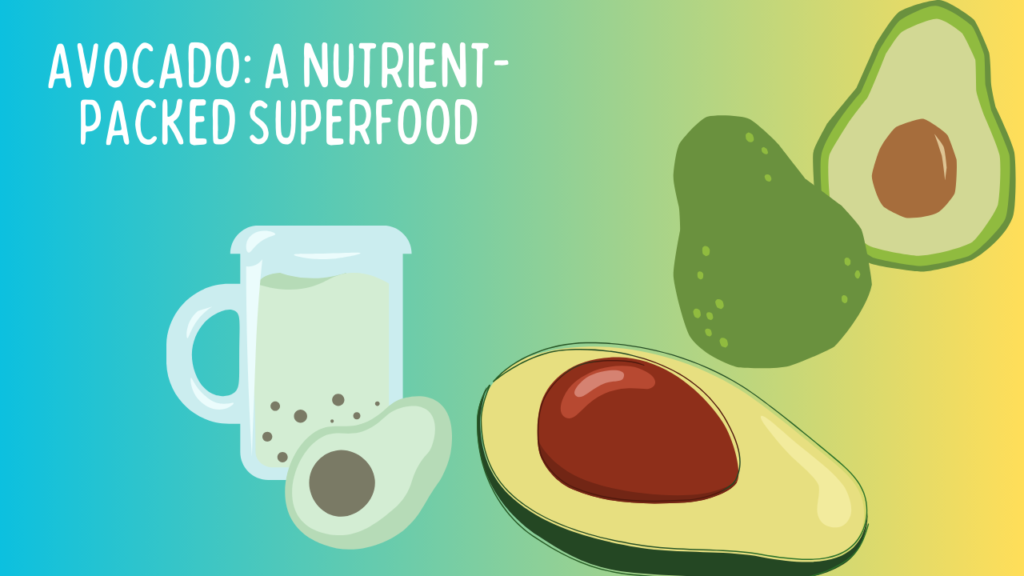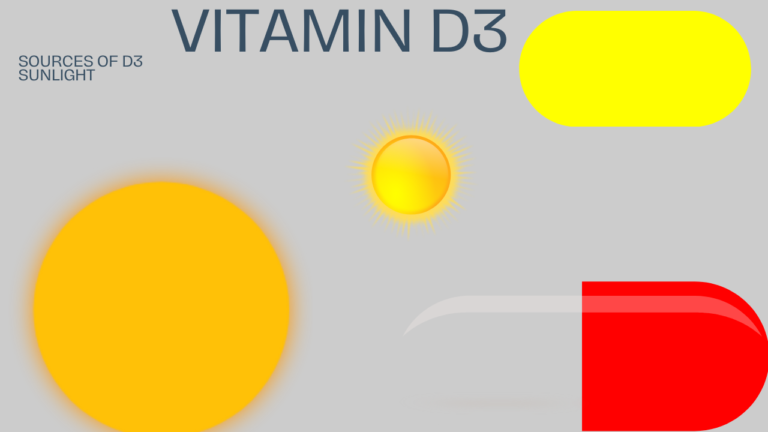Avocado: A Nutrient-Packed Superfood

The avocado, scientifically known as Persea americana, is a unique and versatile fruit celebrated for its rich nutritional profile and creamy texture. Believed to have originated in south-central Mexico, avocados are now cultivated in various tropical and Mediterranean climates around the world. Here’s a closer look at the many facets of this green powerhouse:
1. Nutrient Density:
• Avocados are nutrient-dense, offering a diverse array of vitamins and minerals. They are particularly rich in:
a) Monounsaturated Fats: Avocados are a rare fruit with a high content of monounsaturated fats, primarily oleic acid, which is known for its heart-healthy benefits.
b)Vitamins: Avocados contain vitamins such as C, E, K, and various B vitamins, including folate (important for fetal development during pregnancy).
c) Minerals: Potassium, magnesium, and copper are among the essential minerals found in avocados.
2. Heart-Healthy Fats:
• The monounsaturated fats in avocados have been associated with cardiovascular health. These fats may help lower bad cholesterol levels (LDL) while increasing good cholesterol levels (HDL), potentially reducing the risk of heart disease.
3. Dietary Fiber:
• avocados Are An Excellent Source Of Dietary Fiber, Both Soluble And Insoluble. Fiber promotes digestive health, helps regulate blood sugar levels, and contributes to a feeling of fullness, supporting weight management.
4. Antioxidant Properties:
• avocados Contain Various Antioxidants, Including Lutein And Zeaxanthin, Which Are Beneficial For Eye Health. antioxidants Help Protect Cells From Oxidative Stress And Inflammation.
5. Versatility in Culinary Applications:
• Avocados are incredibly versatile in the kitchen. They can be enjoyed in a variety of ways, from sliced and added to salads, mashed into guacamole, or spread on toast. The creamy texture makes them an excellent substitute for butter or mayonnaise in certain recipes.
6. Skin and Hair Benefits:
• The combination of vitamins C and E, along with the healthy fats, contributes to radiant and healthy skin. Avocado oil, extracted from the fruit, is used in skincare products for its moisturizing and nourishing properties.
7. Weight Management:
• Despite their calorie density, avocados can be part of a balanced diet. The fiber and healthy fats contribute to a sense of fullness, potentially reducing overall calorie intake.
8. Culinary Avocado Varieties:
• While the Hass avocado is the most commonly consumed variety, there are various types with distinct flavors and textures. Each type offers a slightly different taste, making avocados a dynamic ingredient in the culinary world.
9. Sustainability:
• Avocado trees are relatively hardy and can thrive in different climates, contributing to sustainable agriculture. However, the increasing global demand for avocados has raised concerns about deforestation and water usage in certain regions.
10. Cautions and Considerations:
• While avocados are generally healthy, it’s important to consume them in moderation, considering their calorie content. Some individuals may be allergic to avocados, and those with latex allergies may experience cross-reactivity.
Incorporating avocados into a well-rounded diet can contribute to overall health and well-being, offering a delicious and nutritious addition to various meals and snacks. Whether enjoyed on their own or as a culinary enhancement, avocados continue to be a beloved and celebrated superfood worldwide.






